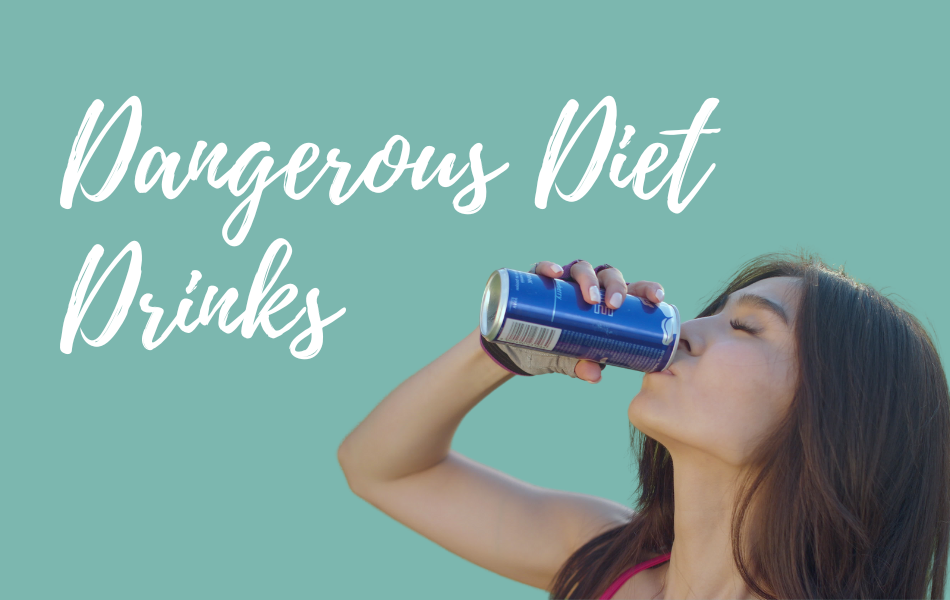Fancy Some Formaldehyde On The Side?
Have you ever stopped to think about what’s really in the foods and drinks you consume? Many diet drinks, diet foods, and even some supplements are packed with a chemical you might not be aware of—Aspartame. This artificial sweetener is found in countless products, often hidden under misleading labels. But the truth is, aspartame is far from harmless, especially for those with IBS.
What is Aspartame?
Aspartame is not a food—it’s a synthetic chemical made from aspartic acid and phenylalanine. Once ingested, aspartame breaks down into formaldehyde, a highly toxic substance known to cause serious health issues.
The Dangers of Aspartame
- Cancer and Leukemia: Formaldehyde, a byproduct of aspartame, is classified as a carcinogen by the International Agency for Research on Cancer (IARC). Exposure to formaldehyde has been linked to an increased risk of cancer, including leukemia.
- Mitochondria Dysfunction and DNA Damage: Formaldehyde disrupts cellular function by damaging the mitochondria—your cells’ powerhouses. It can also cause DNA damage, leading to a host of chronic health problems.
- Weight Gain: Despite being marketed as a “diet” product, studies show that aspartame is linked to weight gain rather than weight loss. In fact, 87% of women who regularly consume diet drinks containing aspartame are overweight, obese, or even clinically obese.
- IBS Symptoms: Aspartame has been shown to exacerbate symptoms of IBS, including bloating, cramps, and irregular bowel movements. For those with gut health issues, avoiding aspartame is crucial.
How Did Aspartame Get into Our Food?
Aspartame was initially rejected several times in the 1980s due to safety concerns. However, it eventually gained approval and was introduced into the food supply. Since then, the prevalence of obesity, cancer, and IBS has soared, raising serious questions about its impact on public health.
Where You’ll Find Aspartame
Aspartame isn’t just in obvious diet products; it’s hidden in a wide range of foods and drinks. Here are some common (and not so common) places where aspartame lurks:
- Soft drinks and diet drinks
- Iced tea and cocoa drinks
- Juice drinks and squash concentrates
- Drinkable yoghurts and protein shakes
- Flavoured water and coffee syrups
- Sugar-free biscuits, cakes, and sweets
- Sugar-free ketchup, jams, and jellies
- Cereal and healthy snack bars
- Chewing gum and mints
- Nutritional supplements
But here’s the kicker: avoiding aspartame isn’t always as simple as reading the label. As consumers became more aware of aspartame’s risks, manufacturers rebranded it under the name “AminoSweet” to make it sound more appealing and health-conscious. This sneaky marketing tactic has made it even harder to avoid.
Why You Should Care
Aspartame isn’t just another harmless food additive—it’s a chemical that can wreak havoc on your body. For those with IBS, consuming aspartame can lead to increased symptoms, making it even more challenging to manage your condition.
The good news? You have the power to make informed choices. By avoiding foods and drinks that contain aspartame, you can protect your health and take a major step toward reducing IBS symptoms.
The IBS Freedom Method
The IBS Freedom Method is helping thousands of women around the globe achieve IBS freedom naturally, safely, and quickly. This simple, easy-to-follow approach focuses on real, whole foods and empowers you to take control of your gut health. By eliminating harmful substances like aspartame, you can start your journey toward a healthier, happier life.
For more information get in touch with IBS Recovery Expert, Helen Waddington at helen@helenwaddington.com

